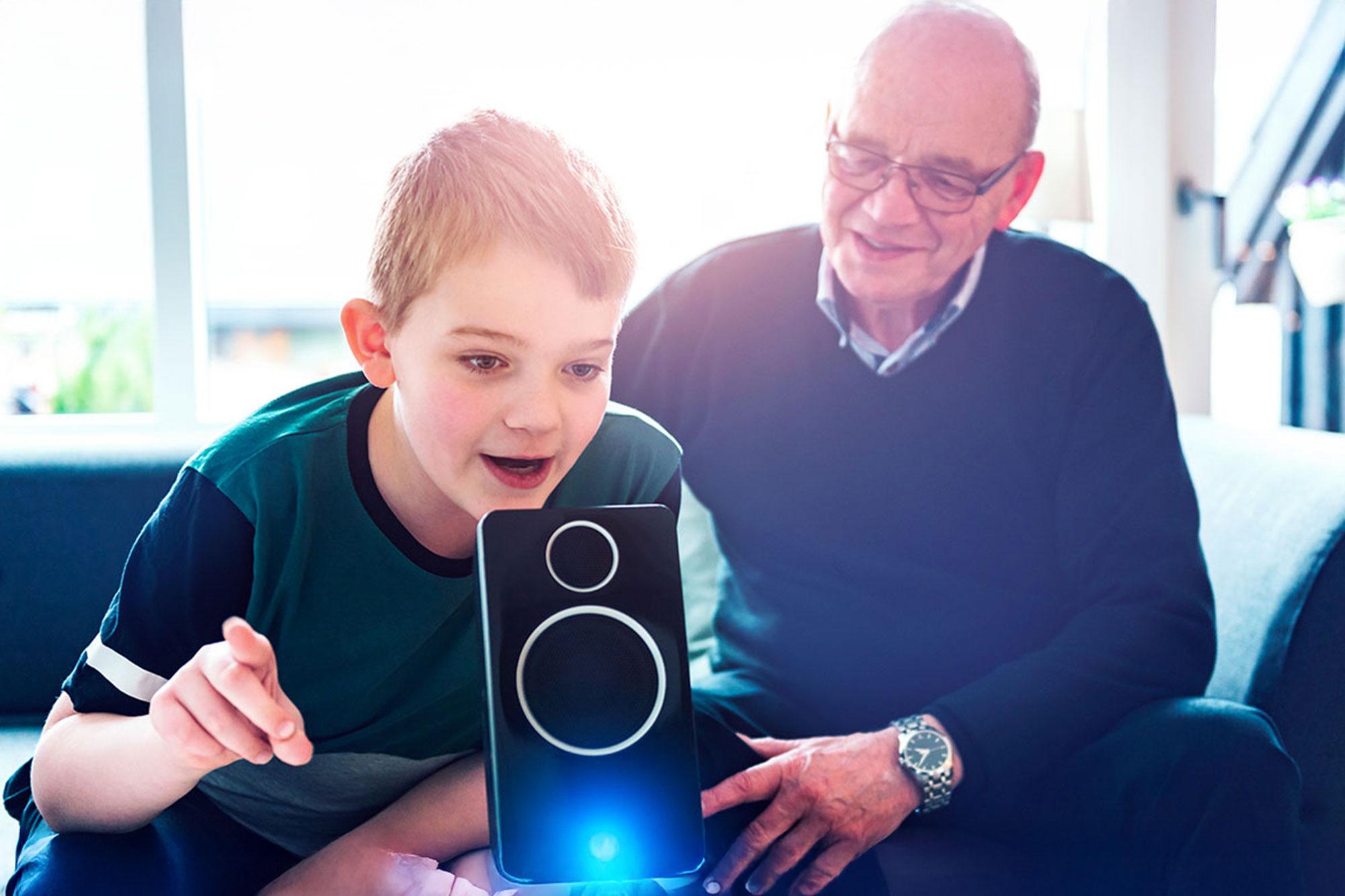Smart-home health technology and elderly care

Smart-home health technology offers opportunities to enhance the care of older people, but acceptance, ethical considerations and individual needs are essential for its successful adoption.
One-fifth of Switzerland's population is already aged 65 or older. An ageing society poses significant challenges for healthcare systems. New technologies such as smart-home solutions could help older people live longer, more independent lives in their own homes. However, little is known about how older people and their caregivers perceive these technologies, or what conditions are necessary for their effective use. A research project led by Tenzin Wangmo from the University of Basel has, for the first time, given older people, families, and healthcare professionals the opportunity to speak out. Through literature reviews, interviews and a representative survey, the research team identified the potential benefits, obstacles, and ethical considerations of such technologies.
The most important findings
The study shows that older adults often lack awareness of existing smart-home health technologies. Acceptance of smart-home health devices was higher when their benefits were clearly visible in daily life and when they were rated positively for safety and independence, such as emergency call systems and reminder applications. Conversely, participants expressed noticeable scepticism towards technologies that invade privacy or replace social interactions, like surveillance cameras, motion and sleep sensors, care robots and virtual assistants. It is important to recognise that older people are not a homogeneous group, and their attitudes and needs vary greatly, which is why standardised solutions are seldom effective.
Significance for policy and practice
The results of the research project clearly show that smart-home health technology cannot replace personal care but should serve as a meaningful complement. They have the potential to ease the workload for nursing staff and promote the independence of older people – but only if they are user-friendly, customisable and supported by technical assistance. For this to work, clear ethical guidelines, data protection assurances, and early involvement of older people in the development process are essential. Simultaneously, forward-looking research is needed to ensure that rapid technological advances do not outstrip social and ethical discussions. Politicians, care professionals and industry must collaborate to establish sustainable frameworks and responsibly implement innovations into everyday life.
Three main messages
Smart-home health technologies can be valuable complements to specific areas of care, such as locating elderly individuals. However, they are not yet ready to function fully independently in the care of older adults. Technical support and user education are essential to ensure that elderly people can use these technologies efficiently and effectively. It is also important that individuals have the freedom to choose whether to adopt smart-home health devices, as this autonomy fosters comfort and acceptance. When properly integrated and trusted, these technologies can help older adults live longer in familiar surroundings while reducing the caregiving burden on families and society.
We do not yet know enough about the future functions and capabilities of robotics technologies. However, with the rise of artificial intelligence and companies' efforts to further integrate robots into domestic environments, these technologies are likely to develop within the broader field of deep tech. This means that they are technologically sophisticated, undergo a long development period and often have a significant impact on people's everyday lives. As technologies evolve and are deployed in different contexts, the ethical and social issues surrounding their deployment will also change. Therefore, research must be forward-looking, providing policymakers and end users with timely recommendations on which technologies to adopt, how they might deliver benefits, and the potential challenges they may pose.
Although demographic trends in Switzerland highlight the need for greater engagement with smart-home health technologies, their widespread implementation requires further consideration. Data indicate that older adults, in particular, often feel overwhelmed by these technologies and doubt their usefulness, expressing a preference for human care. While they do not fundamentally oppose technology, many are reluctant to use it themselves. Acceptance varies greatly between generations (e.g., between those over 85 and those aged 70 to 79) and on an individual level. Some seek more support and preventive measures, whereas others reject interventions in the natural ageing process. Therefore, both individual and generational preferences must be considered when evaluating and introducing smart home technologies.
For more information on the researchers' methods and background details of the research project, please visit the NRP 77 project website:
Further research projects on the “digital transformation” under NRP 77 can be found here:
